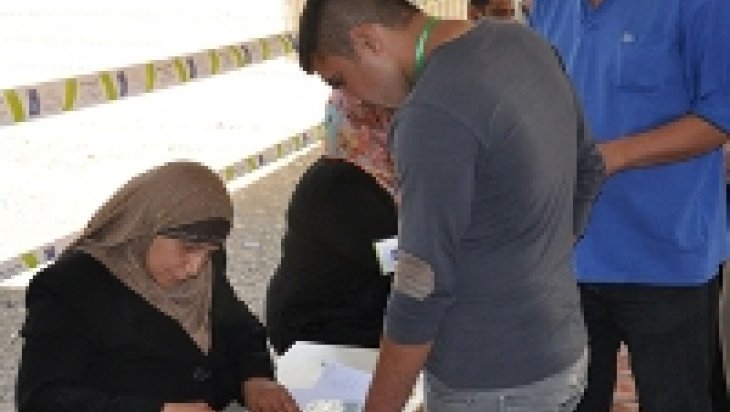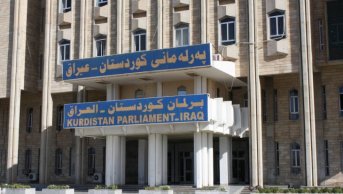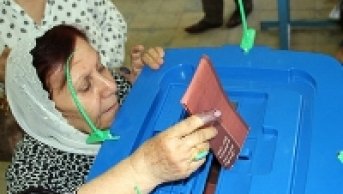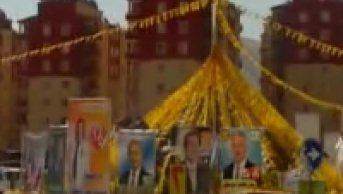Local Elections in Iraq: Observations from Basra

Iraq has just had its third local elections since the invasion, and its first since the pullout of US troops. However, it should be kept in mind that these local elections were not held all across the country. Six of the 18 Iraqi provinces did not hold local elections for varied reasons. The three Iraqi provinces administered by the Kurdistan Regional Government (KRG) do not fall within the scope of the local elections because it is an autonomous region, and there was no local election held in Kirkuk because the status of its territory is under dispute. Additionally, the elections in Mosul and Anbar have been postponed until May due to increasing political tension and security problems there. So, the elections were held in Sunni Arab majority provinces such as Saladin and Diyala as well as Shiite Arab majority provinces in the central and southern parts of the country, including the province of Baghdad, the capital city of which is also the capital of the country.
It cannot be said that the elections were held in safety in all provinces. Attacks were carried out in the provinces of Saladin, Diyala and Baghdad, beginning in the morning on election day. Many people were killed or injured in those attacks. On the other hand, the elections in the southern provinces were relatively problem-free.
The turnouts at the local elections were their lowest since the invasion. Taking an average across the 12 provinces, the turnout, according to IHEC, was 50 percent. When the ballets of members of the security forces, who voted several days earlier, are added, the turnout for the elections goes up to 51.3 percent. Although this represents a slight increase over the turnout for the 2009 local elections, which was slightly over 50 percent, it is a substantial decline compared to the turnout to the general election in 2010 (some 62 percent). It has been stated that 6,400,740 of the 14 million people expected to vote in the elections actually went to the polls. According to IHEC, the turnouts by province are as follows: Baghdad, 33 percent; Basra, 42 percent; Saladin, 61 percent; Karbala, 52 percent; Najaf, 53 percent; Wasit, 52 percent; Muthanna, 59 percent; Diyala, 51 percent; Diwaniyah, 58 percent; Maysan, 44 percent; Dhi Qar, 50 percent.
Observations from Basra
If not for the campaign posters, one may not have known it was election day in Basra. It would not be wrong to say there was an atmosphere of calm in Basra on what was a slow, hot day. The city seemed almost like a ghost town in the early morning, until the traffic curfew came to an end at 11 a.m. Not many people showed up at the ballot boxes in the morning, and although slightly more came out in the afternoon, the turnout was still low at 42 percent. The increase in voters showing up in the afternoon could be attributed to the fact that more families were able to make it to voting stations after the end of the traffic curfew, or because people would have been less worried about their safety after the morning had passed with no attacks.
As part of the only international election watchdog group in Basra, we did not see any major problems at any of the 12 election centers and 28 voting stations. The low voter turnout could be easily seen throughout the day. The officials at the voting stations did their jobs in accordance with the law and followed the instructions of IHEC. Although some voters received some “help” due to literacy problems and there were some minor setbacks, we did not observe any major problems. There were no problems in counting the ballots, either.
On election day, it was like the people of Basra were taking a day to rest because they did not seem to want to go out. Because the additional security measures in the streets were successful, people were able to return to their normal routines after the polls closed and as the evening fell. All that remains now of the election is the posters and other propaganda material still up around the city. However, a serious power struggle should be expected in the provincial council to determine the governor of the city after the election results are announced. Just because Basra did not go to the polls with great excitement does not mean that the election results will not affect the future of the region.









